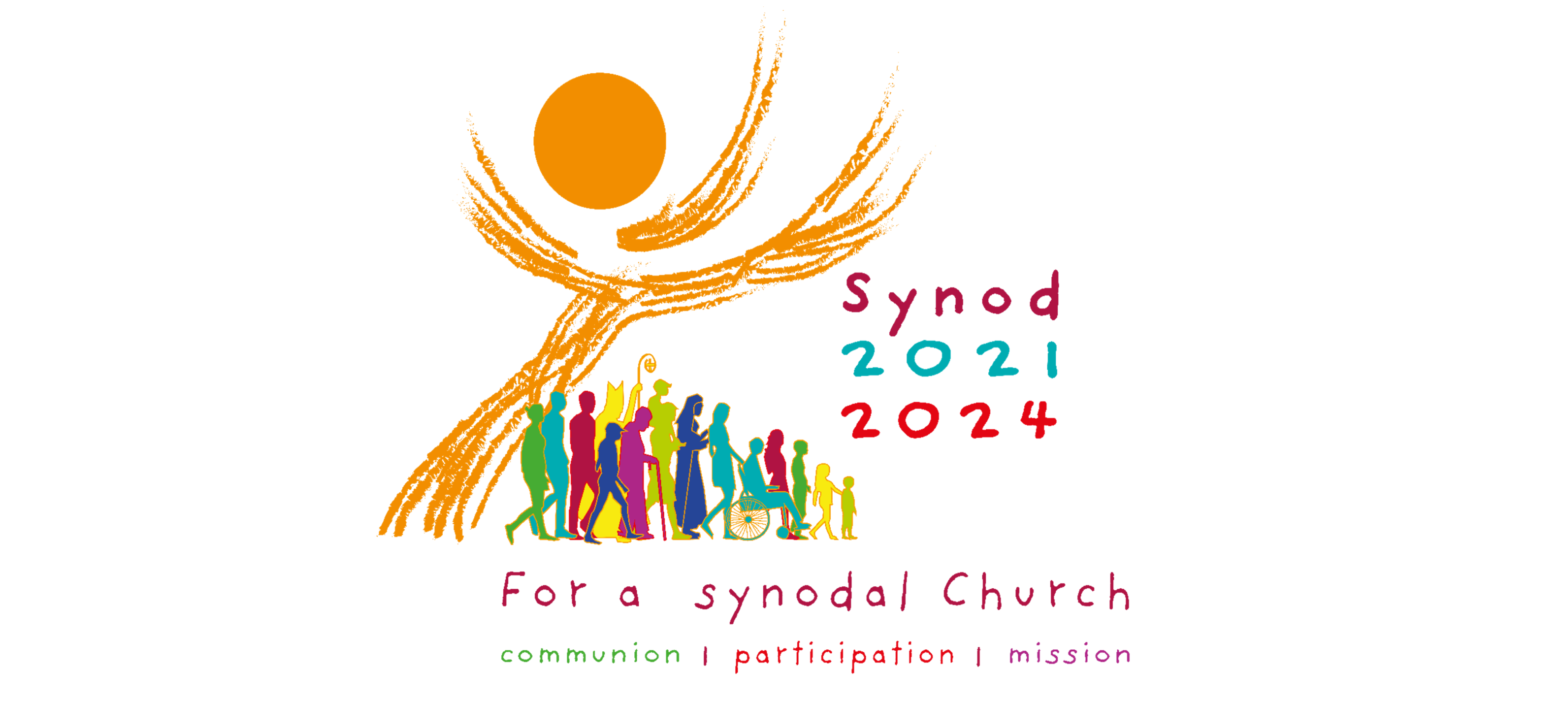In Meitler’s work across the country, we find some unique elements in each of the schools, parishes, or dioceses we partner with, but we also see many commonalities or trends. One trend we encounter in multiple locations around the country is a desire to explore different governance models for Catholic schools. The traditional parochial school governance model works well in some places but not all. Some pastors have little knowledge about education, and their strengths are more spiritual than administrative. In addition, pastors usually have many responsibilities and demands on their time, and it can be hard for them to prioritize school governance. In those situations, the traditional parochial school governance model does not serve either the school or the pastor well.
One way to shift the burden off the pastor and strengthen the school’s ability to carry out its mission is to create a strong and effective board for the school. Most Catholic schools have a board of some type (79.5%, according to the most recent data from the National Catholic Education Association). Not all of them, though, are strong and effective. They may not have received much training on best practices. They may approach their work as if “advisory” means “passive,” – or they may take the opposite approach and try to claim more authority than they actually have. They may not have conducted strategic recruiting to ensure that board members have relevant skills and experiences. When a board is strong and effective, however, it can significantly impact the school’s success.
There exists a profound connection between the work of Catholic school boards and the processes of consultation and discernment associated with the Vatican’s Synod on Synodality. This connection is not just a theoretical one, but it can directly influence the priorities of Catholic school boards. The insights that emerge from the Synod on Synodality, with its theme of “For a Synodal Church: Communion, Participation, and Mission,” provide a deeper understanding of the roles and responsibilities of the board members.
- Mission: The “journeying together” that synodality calls us to is not a self-focused journey but a journey toward mission. The point of establishing a board is to strengthen a school’s ability to carry out its mission, and each conversation that a board has needs to stay focused on its mission. Sometimes, board members need to grow in their commitment to that mission. As a school principal, I remember that some parents would join the board to strengthen the school for their children. Over time, they would begin to care not just about their 4th grader but the entire 4th grade, and then gradually for the entire school. Some of them also needed to grow in appreciating not just the mission of the school but also the mission of the whole parish and even the broader church. Board orientations should make clear to new members that they are called to have that expanded vision. Each board member is a valuable part of the school's mission, and their contributions are integral to the school's success.
- Communion: In its very nature, our church is a communion – a community of people in communion with one another and in communion with God. Boards should strive to reflect that communion and include diverse members. While engaging all the people of God, synodality is not grounded in the model of politics but instead the model of communion. Politics often sinks into conflict and competition as people seek their interests. On the other hand, Communion calls us to set aside our own interests as we care for one another and listen together for the will of the Holy Spirit. The prayer that opens each board meeting can remind us of that communion and prepare us for that shared listening.
- Participation: Synodality reminds us that all of the faithful share in the mission of the church and that the Holy Spirit has given all of the faithful spiritual gifts in baptism – gifts that they are called to share for the good of the Church and the world, and that the church is called to recognize and promote. Councils allow schools to tap into an expanded pool of people’s gifts to support the school’s mission, and they should be attentive to people’s gifts when they seek members. The expectation at each board meeting should be the board members' full participation. I have told board members in the past that they should assess their participation after each meeting. Did they provide some information? Did they share a perspective? Did they ask a question? Did they leave with a task to accomplish? A board that functions in a way that facilitates that kind of participation is a board that honors the presence of the Holy Spirit in all of its members, guiding and inspiring their work.
We are all learning how to better “journey together” in a synodal way as a Church. A school board that prioritizes communion, participation, and mission will make real progress toward being faithful and effective. This journey is not without its challenges, but it is in overcoming these challenges that we grow and learn, becoming more effective in our roles.


